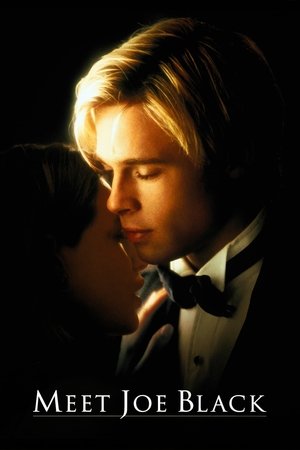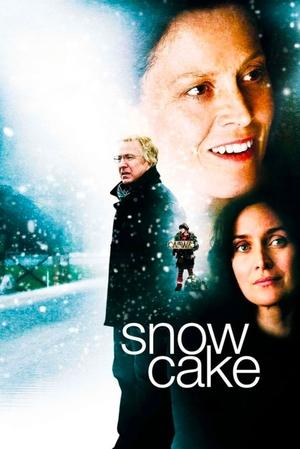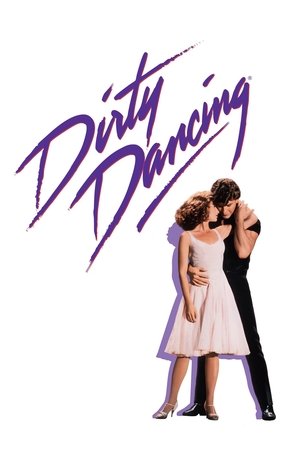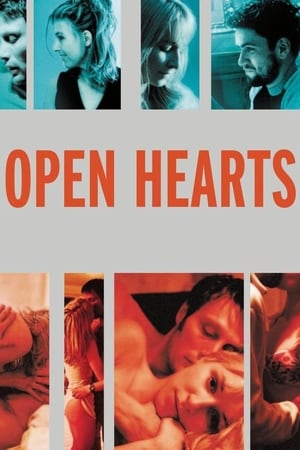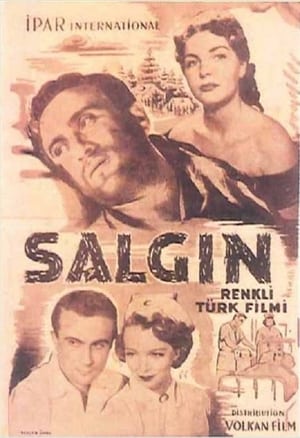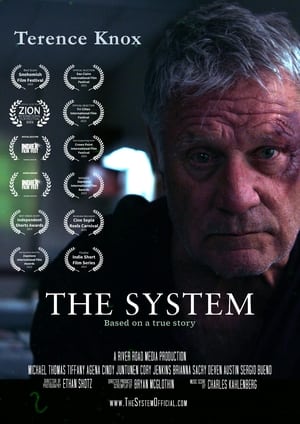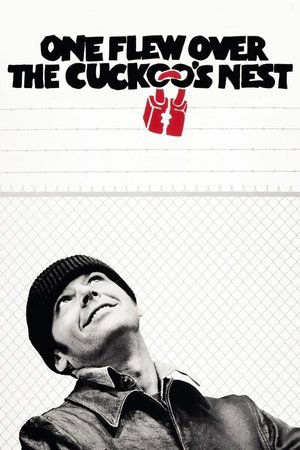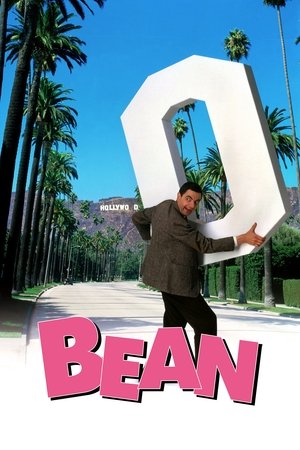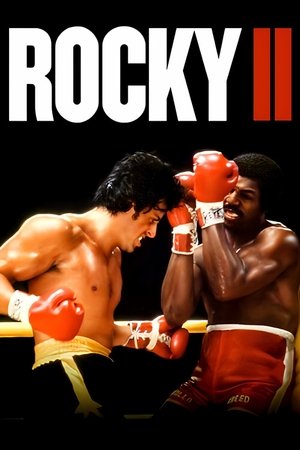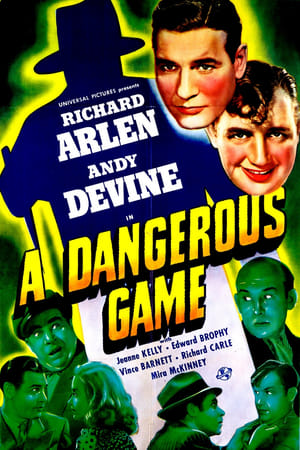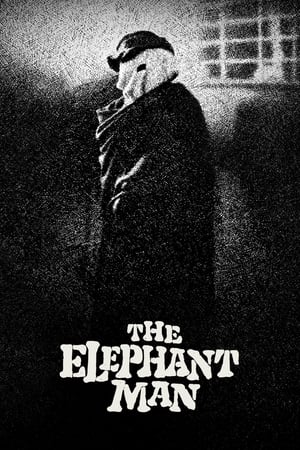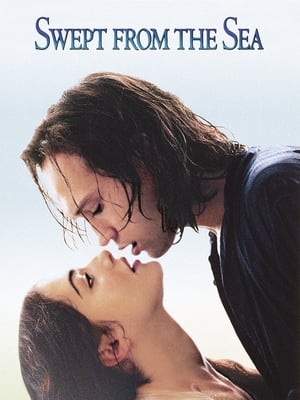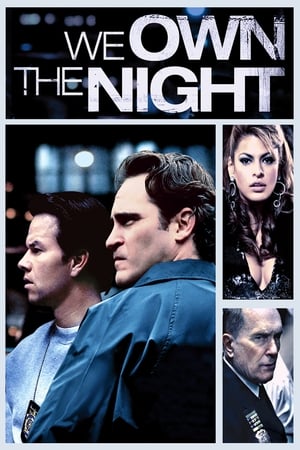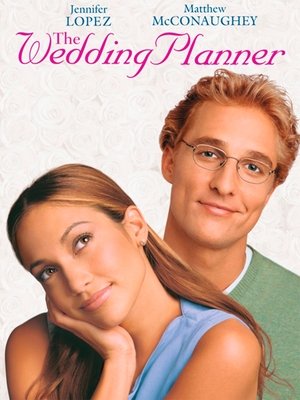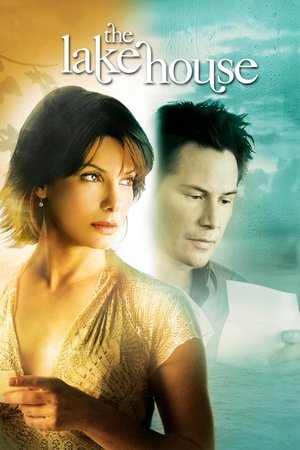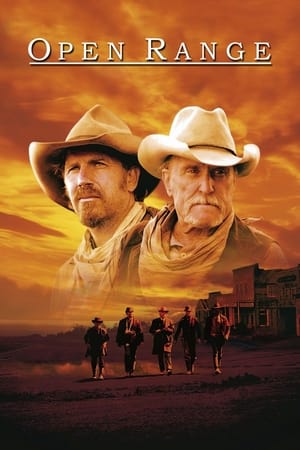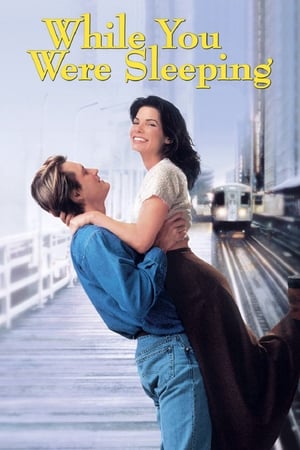Overview
All the people in this countryside area, can count on Jean-Pierre, the doctor who auscultates them, heals and reassures them day and night, 7 days a week. Now Jean-Pierre is sick, so he sees Natalie, a young doctor, coming from the hospital to assist him. But will she adapt to this new life and be able to replace the man that believed to be irreplaceable?
Reviews
**A medicine tale.**
The lives of doctors. Most of the film covered from the professional aspect and between two. A junior and a senior doctor. When I decided to watch it, I anticipated either fun or an inspiring film. But it was like too serious and a casual storyline. I mean it could have been a documentary, but the presentation was clearly a cinematic. Then all cinemas need a writing, so does it. More like from someone's real life experience. It had the ingredients, but everything was straightforward without twist and turn.
If you consider the story progressing to the next level is a twist or turn, then the film had a few of those often. Though they are not effective as what a viewer actually meant a real twist in the storytelling. Nowadays, twist means a mind blowing development/scene. The characters were well designed. Between the main two, the narration keeps hopping, revealing their lives as doctors, especially in the rural. There's more to it, that theirs commitments and differences within their passion for their work.
A single doctor who has been dedicated all his life to the poor patients from the rural, now discovered he has a brain tumour. He begins his treatment right away, but he was advised to retire and rest. That's where a junior doctor comes in. His replacement. The two work together, where she learns all his patients, but it was not a smooth ride. Since he's not happy to be replaced, particularly his patients are unique, their different style of treating the patients brings a crack in the relationship even before they had one.
> ❝What I call nature may be something else for believers. But don't tell me nature is beautiful.❞
One thing that unites them is the medicine. Despite the differences, they make their best effort to contribute from their field of expertise. They are the best doctors, but joining the hand at the wrong time is what the English translated title meant. That's almost the entire story of it. Along with their struggle in the rural settings like it be commuting from place to place, at day and night, whenever the service required.
The film justifies on the roles it focused on than the concept it deals with. So most of those who watches it won't say they saw a very good film. Even me too felt that way. That does not mean it was bad flick. Some people surely would enjoy it being as it is. I think the real doctors or their friends and families and patients, to see their similar experiences on the screen. What I had liked was, highlighting the work ethic between the rural and the city doctor. It was like a two different world.
I have rated it better, because of the quality of the content than what I wanted to have a nice time. Besides, it's almost free of clichés. Like no romance, no medical miracles or the unexpected subplot developed to brighten up the narration in places. That kept me going. Like I have already mentioned, it was practically a documentary feature, with a cinematic experience.
The trivia say, it was made by a doctor turned filmmaker. So what do you expect from such director. His previous flick too was about the same theme. Usually when such films are made, the writers, director do research for depicting the contents perfectly. That has not required here. Nicely made film, but not for everyone. One of the under- noticed film, and that's reasonable for such a film, but bashing it even after watching it like what illiterates does. So watch it and respect it or else do not think about it.
_7/10_
Anyone remember the James Herriot "All Creatures Great and Small" novels? This reminded me a little of them as we meet the established and popular "Dr. Werner" (François Cluzet). He is the only physician amongst his community and they look up to and respect him. When he is diagnosed with cancer, his own doctor and friend, "Dr. Norès" (Christophe Odent) suggests he get some help, and so nominates "Nathalie" (Marianne Denicourt). She's partially qualified, was a nurse for ten years and is enthusiastic. That's more than can be said for him and for the commit at large. Both are set in their ways. He also tends to believe in his own publicity and initially resents her very presence. What now ensues is all rather predicable, but the effort from Cluzet quite engaging. His character has a son "Vincent" (Félix Moati) but that relationship isn't especially close and his ageing, widowed, mother (Isabelle Sadoyan) is struggling to stay independent. It's his job that has become his main raison d'être and his gradual realisation that things must change, that he must learn to confide in people and that he must focus on his own treatment is well portrayed by an actor who demonstrates these frustrations subtly. There's not a great deal of dialogue, just a gentle exercise in coming to terms with your own mortality. It's also not averse at illustrating just how resistant communities can be to change, too - a self perpetuating cycle that can prove difficult to break. Not great, not particularly memorable, but it's worth a watch for Cluzet.

 102 min
102 min
 6.204
6.204
 2016
2016
 France
France
 Reno wrote:
Reno wrote: